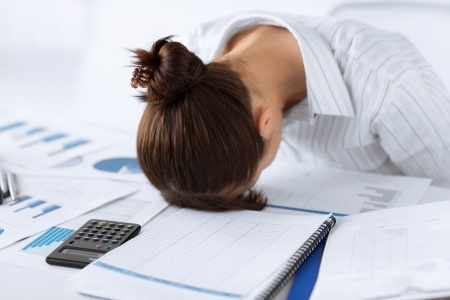
Have you noticed a decline in your energy? Do you find yourself pressing the snooze button a few times in the morning? Do you depend on coffee for energy in the morning? By 2 pm are you yawning reaching for another cup of coffee? At bedtime are you tired but cannot quiet your mind to fall asleep?
Many of us are answering YES to some of the questions above. Fatigue and low energy has become a very common health concern. It is one of the top 10 most common health complaints presented by patients to their physician.
Energy production in the body is complex and there are many different reasons why someone may be experiencing low energy. Lets review a few of the possible reasons:
Chronic stress has affected many of us. The last few years has been especially stressful and some people may be feeling the effects of this chronic stress now. A change in hormone levels may also affect our energy. Women may experience fatigue during perimenopause or menopause. Men may experience fatigue when Testosterone levels decline. Thyroid hormones also play a key role in our metabolism and energy production. They provide the fuel we need for energy. Our adrenal, thyroid and sex hormone systems work together in an intricate balance. They all interact with each other. When I work with patients to balance their hormones, I pay attention to all 3 systems to support this intricate balance.
Nutrient deficiencies and diet also influence our energy levels. When discussing fatigue with my patients, I will usually test iron, Vit B12 and thyroid levels. A discussion into diet is also important as too high or too low blood sugars may affect energy levels.
Here are some scenarios and possible considerations for low energy levels:
-if you wake up tired and continue to feel tired through the day, consider having your iron, B12 and Thyroid levels checked. Also consider how much sleep you had the night before and the quality of sleep. I usually recommend a minimum of 7 hours of sleep.
-if your experience the afternoon slump of energy, consider the quality of your sleep the night before. Does your partner mention you snore? Have you been tested for sleep apnea? Another consideration is what you ate for lunch. A meal high in sugar or processed carbohydrates (white bread, pasta, white rice) may lead to low energy 1-2 hours later. Consider choosing a meal balanced in protein, complex grains and healthy fats instead. Lastly, chronic stress may also lead to afternoon fatigue. Consider testing your cortisol levels using a 4 point saliva Cortisol test to assess your cortisol level fluctuations through the day.
-In the evening do you have difficulties falling asleep? If yes, Consider your caffeine intake during the day. I usually recommend avoiding caffeine after 12pm for people who may be slow metabolizers of caffeine. Practice good sleep hygiene. Avoid devices before bedtime. Read a book instead, have a nice relaxing bath and try to clear your mind before bedtime. Supplements such as melatonin may also be helpful.
Changes in a woman’s hormones may also have an impact on sleep. Particularly as progesterone levels decline during perimenopause and menopause, many women experience interrupted sleep or insomnia. Bio-identical Hormone replacement, particularly oral progesterone, may be very helpful in getting a good nights sleep. The DUTCH urine hormone test , available at Vitalia Health Care, is a comprehensive assessment of sex hormones and stress hormones that I frequently use to gain a better understanding of a woman’s hormones and its possible impact on her symptoms including low energy.
As you can see, there are many different reasons why you may be experiencing low energy or fatigue. At Vitalia Health Care, we take a comprehensive approach to your health, reviewing your personal health history and current symptoms. From an initial evaluation that may include testing, we can discuss treatment options to help you feel energized during the day and sleep better at night.
Wishing you health, happiness and good energy to enjoy the spring season.
Dr Tasreen Alibhai, ND

